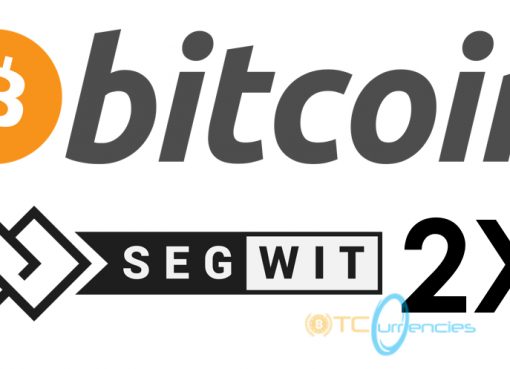In a groundbreaking development, the European Union has finalized its most awaited regulatory framework for cryptocurrencies, marking a significant milestone for digital asset governance globally. Scheduled to be enforced starting January 2024, these regulations, termed “Markets in Crypto-Assets” (MiCA), aim to establish a standardized legal framework across the EU’s 27 member states, promoting innovation while ensuring investor protection and financial stability.
The announcement, made earlier today in Brussels, has already sent ripples through the global cryptocurrency markets. Under the new MiCA framework, crypto-asset service providers (CASPs) will be required to gain formal authorization to operate within the EU, adhering to strict compliance protocols on operational resilience, transparency, and consumer protections.
Key Highlights of the MiCA Framework:
1. Enhanced Transparency and Disclosure Requirements: CASPs will need to provide detailed information about their risk management processes, trading practices, and pricing methodologies. This move is positioned to increase transparency and provide investors with more insightful data to make informed decisions.
2. Consumer Protection Mechanisms: One of the cornerstone elements of MiCA is the emphasis on consumer rights and safety. CASPs will be compelled to establish clear procedures for filing complaints and addressing disputes. Moreover, they must have solid policies in place to protect consumers’ digital assets from theft and cyber-attacks.
3. Stablecoin Regulation: In the wake of the volatility seen with certain stablecoins in recent years, the EU regulations impose stringent requirements on issuers of stablecoins, particularly those which are pegged to external assets like currencies or commodities. These issuers must maintain adequate reserves to ensure convertibility at a stable rate.
4. Anti-Money Laundering Measures: Aligning with global efforts to combat financial crimes, MiCA includes robust anti-money laundering (AML) measures. CASPs will now have to conduct detailed due diligence on their customers and report suspicious activities to the EU’s financial authorities.
Market Impact and Industry Reactions
The crypto market responded swiftly to the news with a mixed outlook. Major cryptocurrencies like Bitcoin and Ethereum saw a slight dip in their values shortly after the announcement, reflecting the market’s initial uncertainty about the implications of these stringent regulations. However, industry experts predict a bullish turnaround in the long-term as these regulations could lead to greater institutional participation.
Sarah Martin, CEO of Digital Assets Group, shared her perspective on the development, stating, “While the immediate response from the market shows a hint of apprehensiveness, regulations like MiCA are crucial for the maturation and long-term sustainability of the cryptocurrency ecosystem. By setting a clear legal framework, the EU is not only protecting consumers but also paving the way for more stable and reliable crypto markets.”
Looking Forward
As the January 2024 implementation date approaches, CASPs operating in the EU will need to undergo significant adjustments to align with the MiCA regulations. This period of transition is expected to be a busy one for legal and compliance teams across the industry.
Moreover, the EU’s proactive approach might inspire other jurisdictions to follow suit. The global impact could see a surge in similar regulations, which might ultimately lead to a more interconnected and uniformly regulated global crypto market.
Experts recommend crypto investors and companies begin familiarizing themselves with the details of the MiCA framework to navigate the changes effectively. As the landscape of digital assets continues to evolve, staying informed and adaptable will be key to thriving in this new regulatory environment.
The EU’s bold step could indeed be the beginning of a new era in cryptocurrency regulation, promising a safer and more robust market framework. The upcoming months will be crucial as stakeholders from across the globe watch closely to see the unfolding impacts of this pioneering policy.




